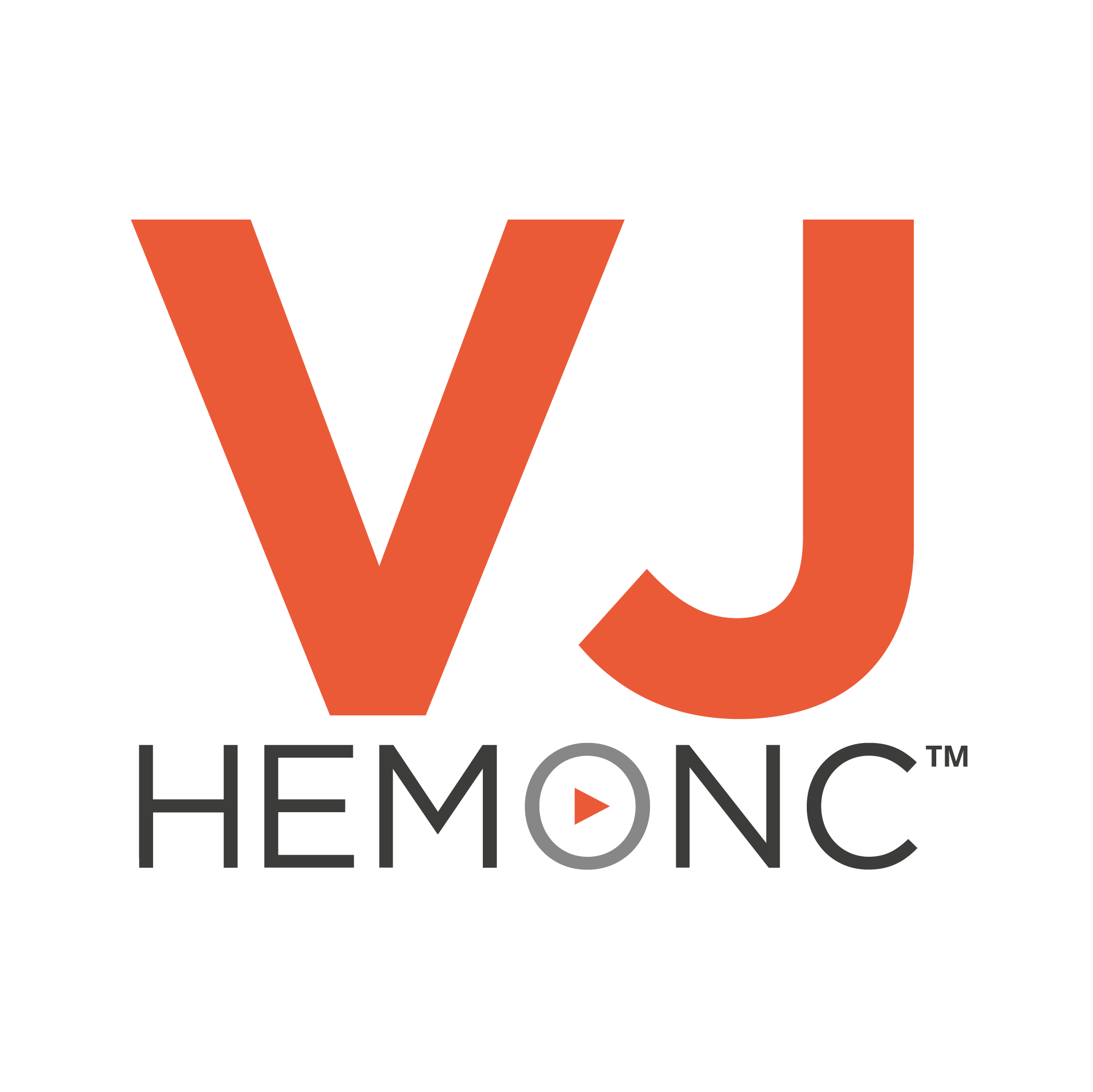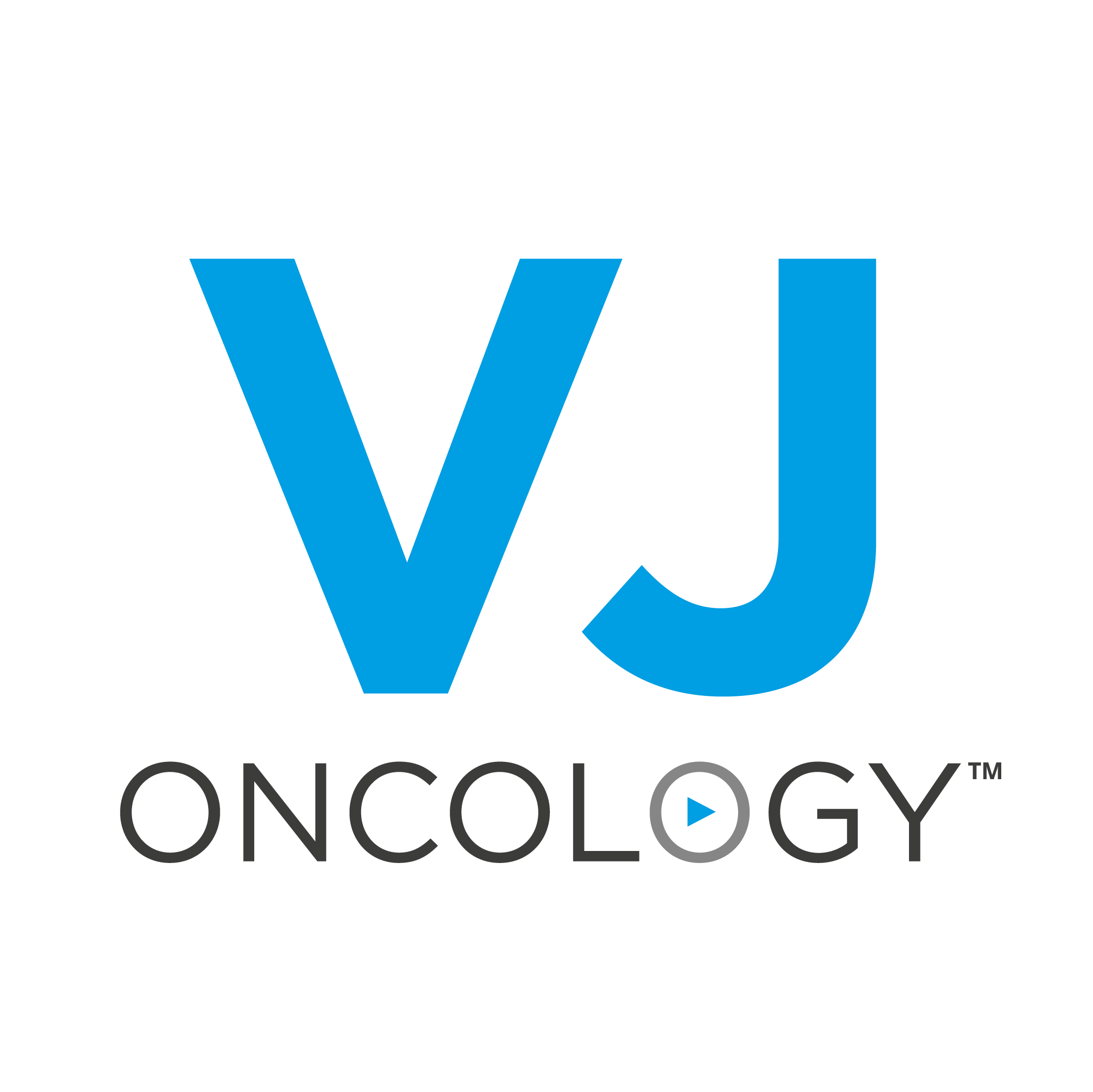
We seek funding support from industry partners, research organizations and charities for channel development and ongoing medical education. Through IME grants or medical sponsorship, we can provide the highest quality content to our audience with the ultimate goal of improving patient outcomes through online scientific exchange and medical education.
If you would like more information on how to support one or more of the channels or wish to discuss other educational programs, please contact us.
Visit our other journals:


